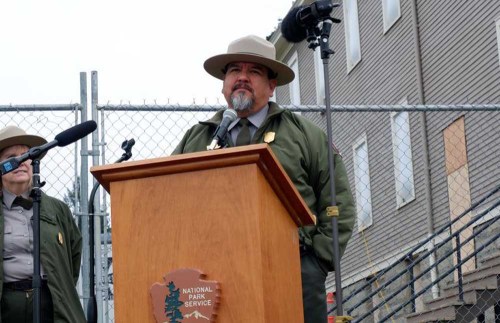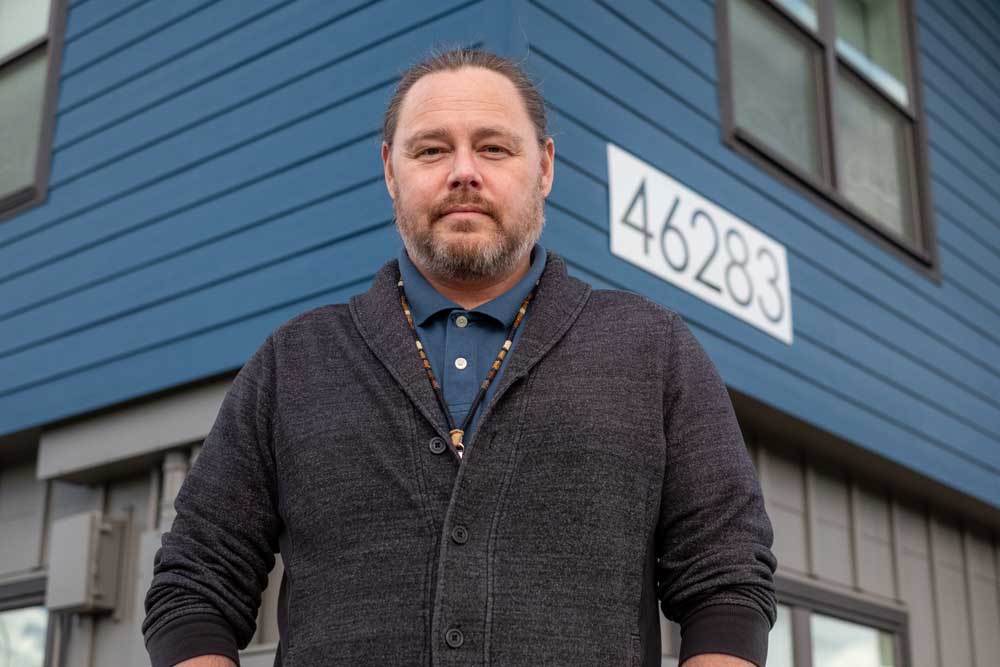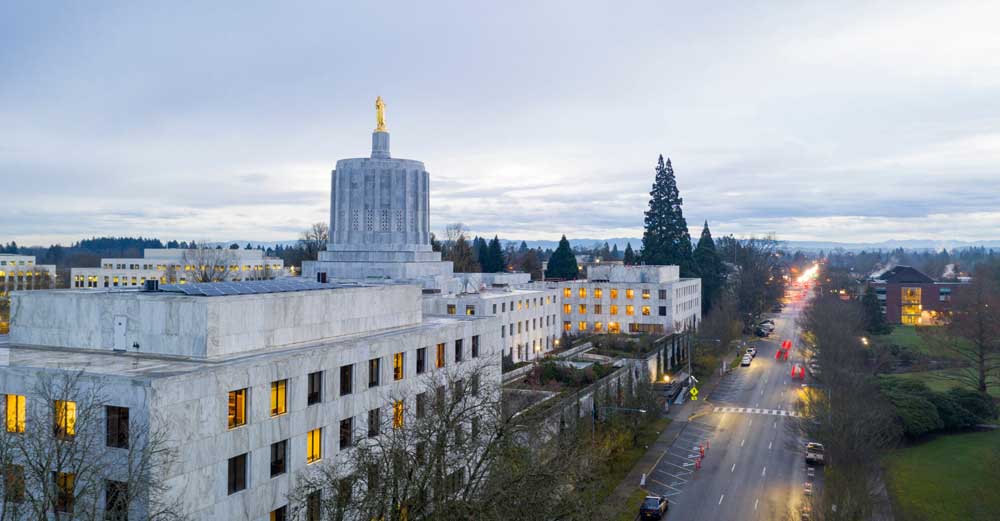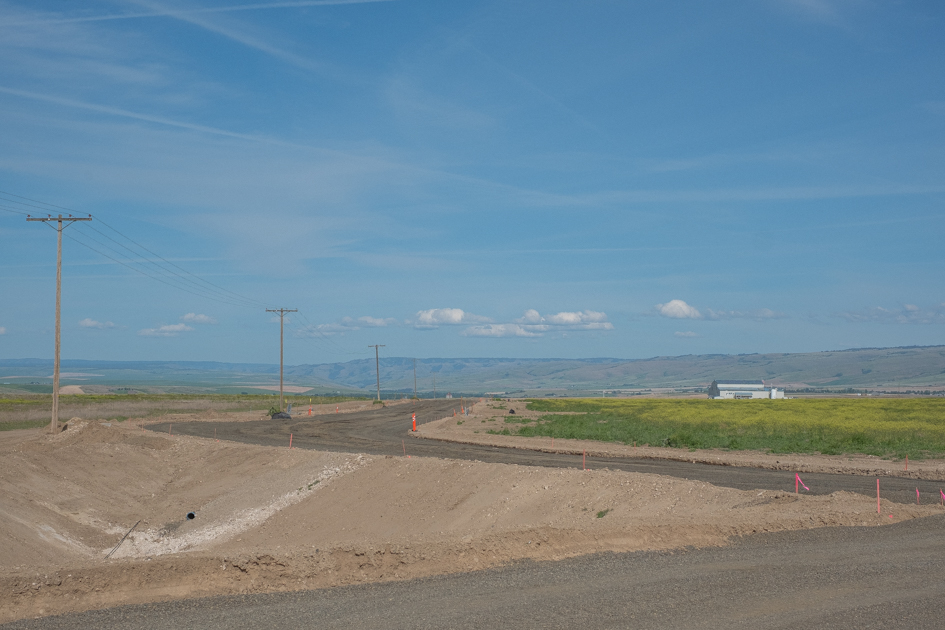Chuck Sams to help spend Oregon’s Monsanto settlement funds on restoration projects
Published 1:44 pm Thursday, May 29, 2025

- The most recent National Parks Service director, Chuck Sams, will help lead local conservation work as a co-chair of the Oregon Environmental Restoration Fund, Gov. Tina Kotek’s office announced on May 28, 2025. (April Ehrlich, Oregon Public Broadcasting, File)
SALEM — The most recent National Parks Service director, Chuck Sams, will help lead local conservation work as a co-chair of the Oregon Environmental Restoration Fund.
Gov. Tina Kotek’s office on May 28 announced Sams will co-chair the restoration fund council alongside Michael Dembrow, who was a Democratic state lawmaker representing Portland for more than 15 years.
Sams was the first Native American to lead the National Park Service, appointed by President Joe Biden. He is Walla Walla and Cayuse, and an enrolled member of the Confederated Tribes of the Umatilla Indian Reservation in Eastern Oregon. He returned home to Pendleton in January. Sams also is a member of the Northwest Power and Conservation Council.
For the council’s vice chair, Kotek appointed Cheyenne Holliday, advocacy director at the Portland-based environmental nonprofit Verde.
Oregon lawmakers created the Oregon Environmental Restoration Fund in 2024 after the state reached a nearly $700 million settlement with agrochemical giant Monsanto for its alleged role in polluting the state with toxic chemicals. It’s the largest pollution settlement in Oregon’s history. The company, now part of Bayer, admitted no wrongdoing when it agreed to the settlement.
The fund will function similarly to an endowment. Settlement dollars will earn interest and investment income over time. Every two years, the council will decide how much of that interest income can be allocated to restoration and conservation projects. The 11-person council will also decide which projects get approved.
About a quarter of each two-year allocation will go toward federally recognized tribes for managing natural resources, another quarter will go to communities disproportionately impacted by pollution, and the rest will go to state agencies. Policymakers aim to get the tribal fund going by the end of the year. It will likely take another year before the other two funds are active.
Lawmakers created the framework for the Oregon Environmental Restoration Fund last year under Senate Bill 1561. Policymakers have yet to outline additional details, such as what types of projects the council will prioritize.
“This is a once-in-a-lifetime opportunity for us to really do some big important things in the state,” fund program manager Nicole Maness said.
Monsanto is known today for making the popular Roundup weed killer, but until about 1980, Monsanto was the sole manufacturer of toxic compounds known as polychlorinated biphenyls, or PCBs. The chemicals were distributed throughout Oregon in a variety of products, including paint, caulking and electrical equipment.
Since acquiring Monsanto in 2018, Bayer has paid billions of dollars in settlements related to the chemicals.
The Environmental Protection Agency classifies PCBs as a probable carcinogen, and they are known to harm the immune, reproductive and nervous systems in humans and other living things.
PCBs are a major contaminant in the Portland Harbor Superfund site that’s expected to cost $1 billion to clean up through dredging and capping polluted soil at the bottom of the Willamette River.
“Cleanup is incredibly expensive,” Maness said. “So the idea that we have held a company accountable for the harm done to the environment and to human health — that’s a pretty momentous development.”
— This story includes reporting from Oregon Public Broadcasting’s Conrad Wilson and Cassandra Profita.





